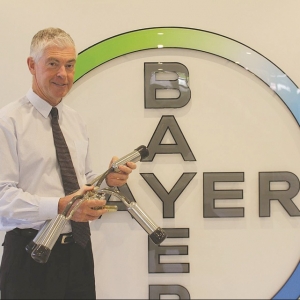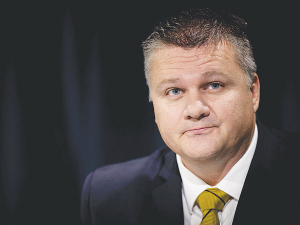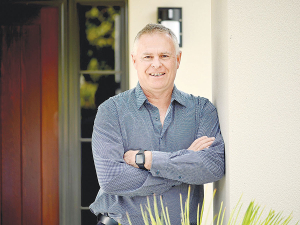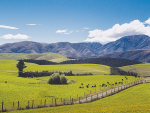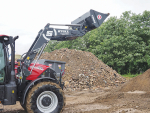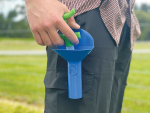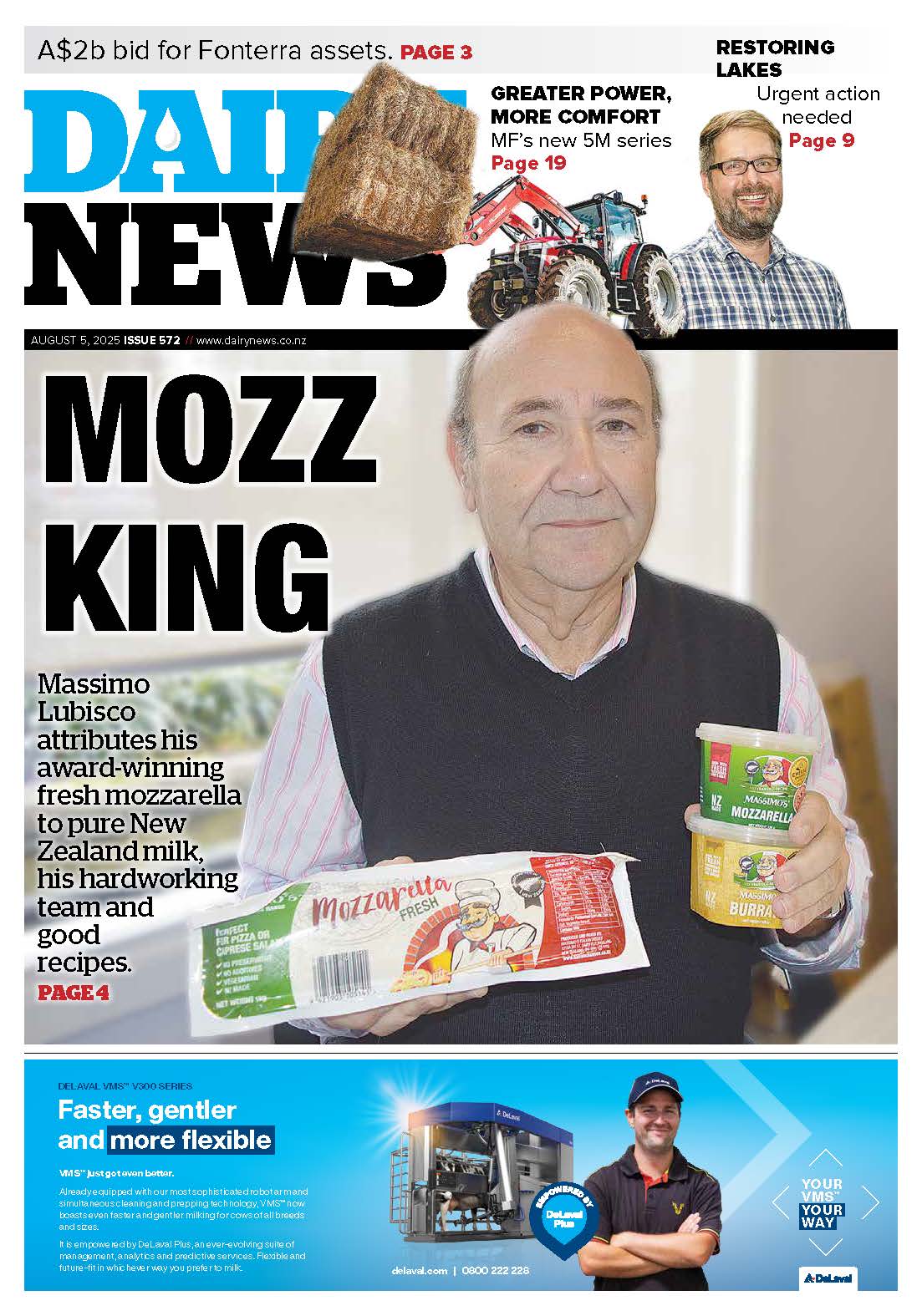Polymer Systems International Ltd (PSI), of Napier, says it has worked ten years with Bayer to develop the DairyFlo liner, a world-first that “marks the end of a 30-year race to produce a plastic liner that is hygienically safe.”
“The properties of this thermoplastic make it the perfect solution to the bacterial problems that occur with rubber liners in dairy sheds,” says Bayer New Zealand business development manager Justin Gleeson.
DairyFlo liners are impervious to milk fat and chemical cleaning agents, which cause rubber to swell and degrade. Over time it breaks down and cracks, creating cavities in which bacteria can hide. Even with regular cleaning, these bacteria can be impossible to dislodge.
“Minimising somatic cell count in milk is a daily challenge,” says Waikato dairy consultant Mel Eden. “DairyFlo liners remove some of the risk because they don’t perish and crack. Assuming that cleaning systems are working properly, this means there is nowhere bacteria can build up.”
DairyFlo liners are said to last at least three times longer than the average 2500-milking lifespan of a rubber liner, saving costs.
The thermoplastic used in DairyFlo is as soft and flexible as rubber “where it counts”, in the middle inflation section of the liner, and is more durable in the areas most susceptible to hoof damage, the company says.
Tel. 0800 55 33 77





